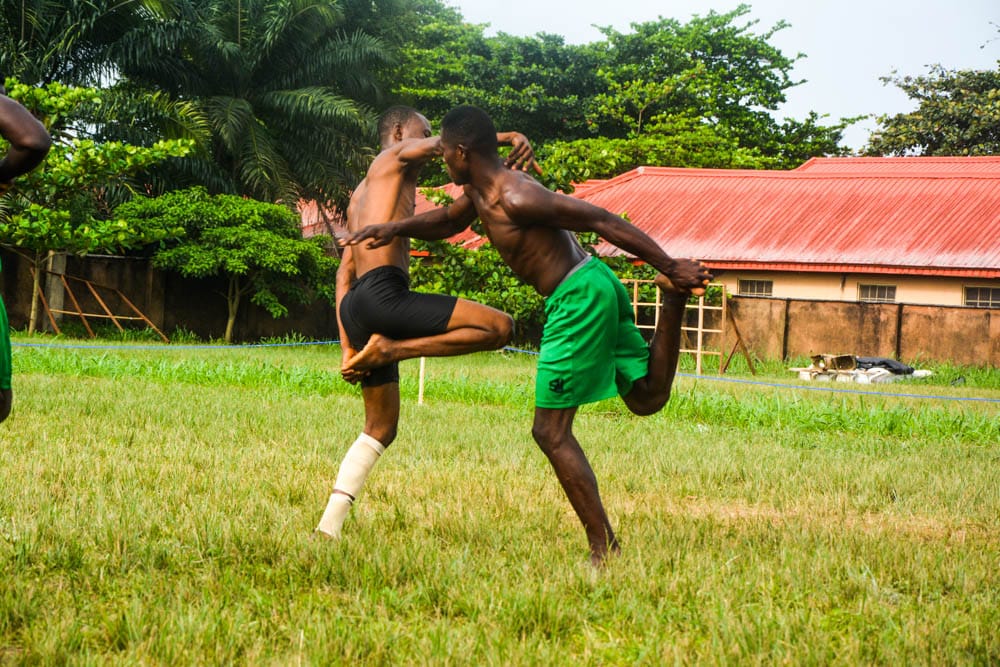Langa: A Sport of Heritage and Culture
Sports help people stay entertained, keep their bodies fit, and express their cultures. While sports like football, basketball, volleyball, and rugby are popular worldwide, some lesser-known sports can showcase the story or heritage of a people.
One such sport is Langa, originating from northern Nigeria. Langa is also known as the hopping game. In this sport, skills such as endurance, tactical thinking, and balance are tested.
How Langa is Played
Langa is played on a flat and open field, with teams consisting of 3 to 6 players. The goal of the sport is to hop on one leg to outpace and outmaneuver opponents.
The rules can vary regionally. Any player who places their second foot on the ground is disqualified. Langa can be played as a race or a combat challenge, generally consisting of five rounds.
Two Forms of Langa: Race and Combat
In the racing version of Langa, one player from each team is chosen as the ruwa. The ruwa attempts to reach a designated area in the opponent’s half. They wear a headband and are often protected by teammates during the chase.
In the combat challenge version of Langa, players try to unbalance or knock down their opponents using their shoulders and elbows while maintaining their one-legged stance.
Langa’s Rise Among Younger Generations
In recent years, thanks to increased grassroots efforts, media attention, and school programs, Langa has started to spread more among younger generations.
The sport’s emphasis on lower-body strength and flexibility creates a similar challenge to gymnastics or yoga, testing both the body and the mind.
Langa promotes not only competitiveness but also teamwork and collaboration. Langa first began to break away from its local identity when it was featured in the Nigeria National Sports Festival in 1996.
The Future of Langa: Potential for Global Recognition
The simplicity of the sport, requiring no expensive equipment, will help it gain even more popularity.
With good marketing, Langa could become as famous as Capoeira in Brazil. One day, it could even become an international sport.


